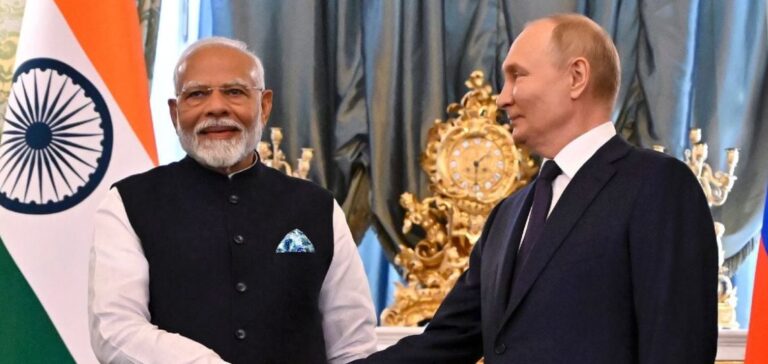India and Russia are intensifying their energy ties with the aim of boosting bilateral trade to $100 billion by 2030. At a recent meeting in Moscow, Indian Prime Minister Narendra Modi and Russian President Vladimir Putin agreed to expand cooperation in several areas, including energy. India’s Foreign Secretary, Vinay Mohan Kwatra, said that India was seeking agreements with Rosneft and other major Russian oil companies as part of this initiative.
Strategic energy cooperation
India, as the largest buyer of Russian seaborne oil, is looking to consolidate this relationship to ensure its energy security. The energy partnership between the two nations covers a number of sectors, including nuclear power, oil refining, petrochemicals and energy infrastructure. Russian companies like Rosneft hold majority stakes in private Indian refineries such as Nayara Energy, while Indian companies are investing in oil exploration and production projects in Russia.
Balancing the trade balance
In addition, India is aiming to increase its exports to Russia to balance a trade balance currently in Moscow’s favor. Both countries are working to eliminate non-tariff trade barriers, and are pursuing negotiations for a free trade agreement between the Russian-led Eurasian Economic Union and India. This cooperation could also extend to the fertilizer sector, which is crucial to India’s food security.
Future developments
The implications of these closer energy ties are far-reaching. Beyond energy supply, this strategic alliance would enable both nations to develop bilateral settlement systems using their national currencies. This would contribute to greater economic independence in the face of international sanctions. Specific projects, such as the Russian authorities’ approval of ONGC Videsh’s 20% stake in the Sakhalin 1 oil project, are also underway.
India and Russia’s focus on enhanced energy cooperation reflects their desire to achieve ambitious commercial goals while ensuring mutual energy security. This strategic collaboration could transform both nations’ economic and geopolitical relations, paving the way for new opportunities and greater resilience in the face of global challenges.






















